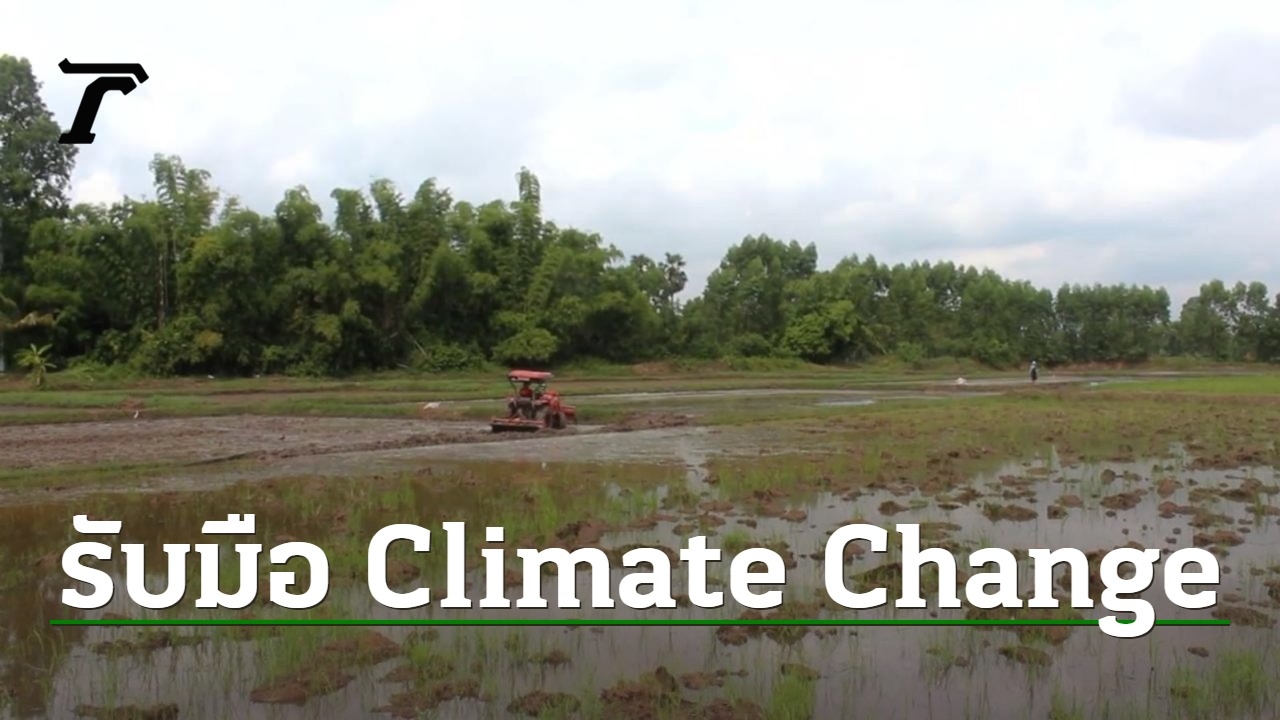Meeting of water user countries Lancang Basin-Mekong Basin, 6 countries accelerate planning to use smart technology Helping farmers cope with climate change Prevent damage to rice cultivation areas from floods and droughts.
On October 30, 2023 at the conference room of Center Point Hotel, Mueang District, Nakhon Ratchasima Province, National Water Resources Office. together with the Environmental Research Institute Chulalongkorn University, China Water Resources and Hydropower Research Institute, Changjiang Scientific Research Institute Hubei University of Economics, China, National University of Laos, Lao National Mekong River Committee and a special fund for Lancang-Mekong cooperation Held a meeting between sectors from 6 countries in the Lancang-Mekong River cooperation framework. To promote the use of smart technology in climate and water management in rice fields.
This meeting was welcomed by Mr. Paitoon Kengkarnchang, Director of the National Water Resources Office, Region 2. Ready to open the meeting There were more than 100 people attending the meeting, including Mr. Dong Yanfei, Deputy Secretary General of LMC Water Center, Mr. Niall O’Connor, Director of SEI-Asia center, Dr. Thanaphon Piman, Head of Management Research. water Stockholm Environmental Research Institute of Asia, representatives of the Royal Irrigation Department, Rice Department, Land Development Department, policy department, government officials, farmer groups, research institutes, private companies, and representatives from the Lancang-Mekong River countries, including China, Lao PDR. , Cambodia, Myanmar and Vietnam
Dr. Thanaphon Piman, Head of Water Management Research Department Stockholm Environmental Research Institute of Asia Region said that due to the impact ofClimate Change Increase in the Lanchang-Mekong river basin faced with more severe natural disasters Whether it is drought until the flood that affects the amount of water costs plant cultivation and causing damage to the produce of farmers and various farmers
Head of Water Management Research Department The Stockholm Environmental Research Institute of Asia went on to say that according to the Rice Department, during 2019-2020, drought affected rice fields in Thailand over 1,330 square kilometers, or over 700,000 rai, causing damages of approximately USD 320 million. It affects the food security and livelihood of the community. Especially those who will have to make a living from rice farming in the future. Rice is the main food that most people consume for their livelihood. and is an economic crop for communities in the Lanchang-Mekong River region.
Dr. Thanaphon said that, however, rice growers are facing challenges from climate change and water scarcity. This increases the ability of farmers to farm to meet their livelihood needs. Social and economic development Including market demand has decreased.
Head of Water Management Research Department The Stockholm Environmental Research Institute of Asia also said that therefore this meeting To provide a platform for all relevant sectors Come to exchange and present guidelines for using technology. and intelligent innovations that have been tested and has actually been proven to be used in rice fields Throughout, there were meetings and discussions with policy representatives to find ways to promote the use of smart technology and innovation in various areas. to expand further in the future Including strengthening regional cooperation to develop farmers’ potential to adapt and cope better with climate change.
#nations #LanchangMekong #river #basin #Meeting #accelerate #smart #technology #deal #Climate #Change
2023-10-31 00:35:00


